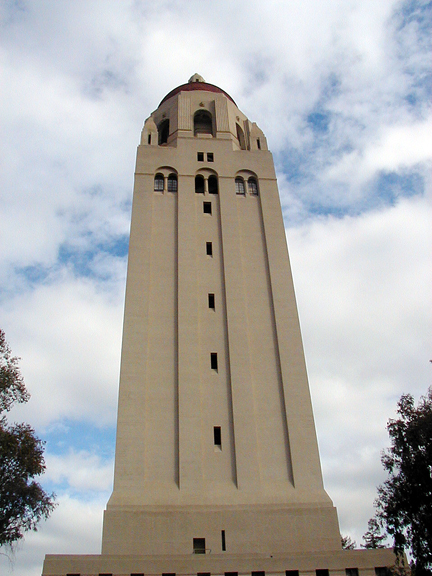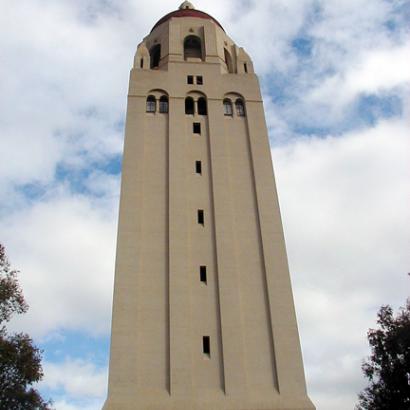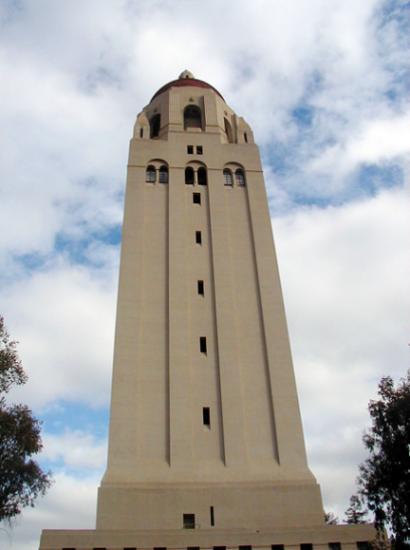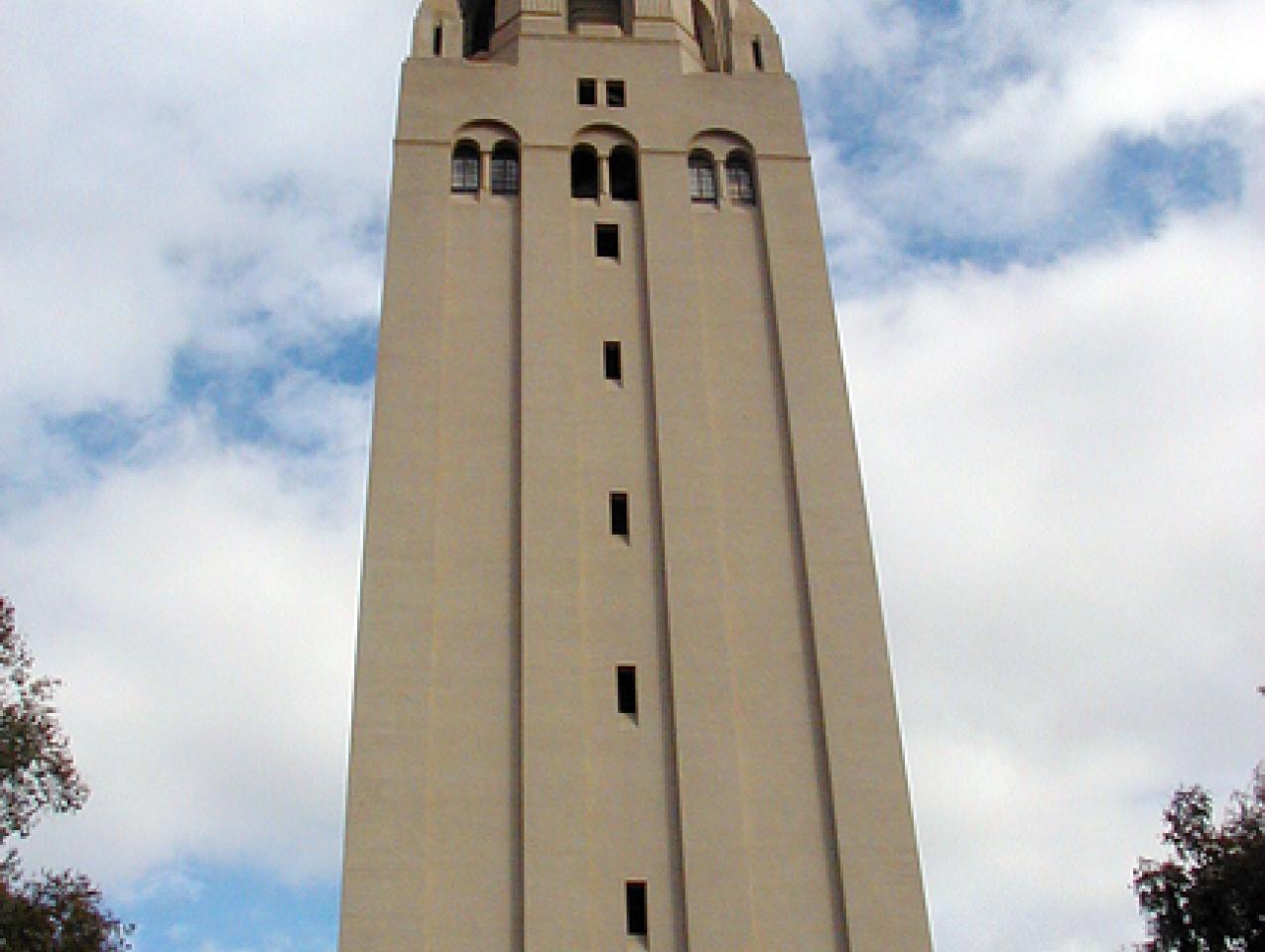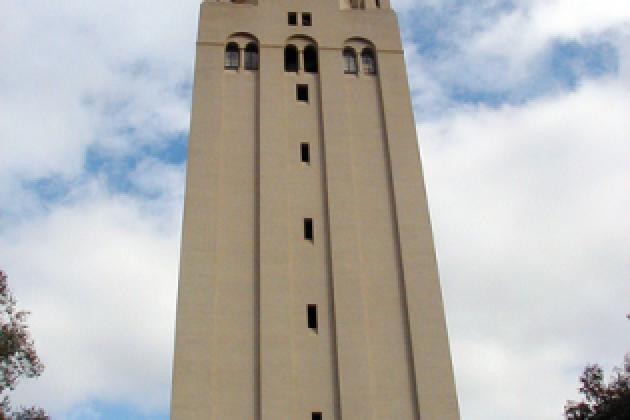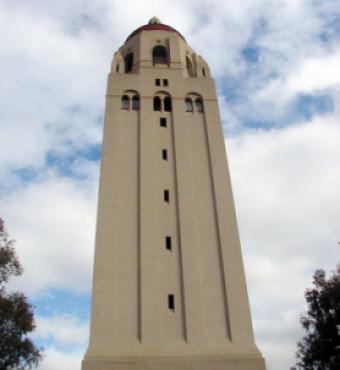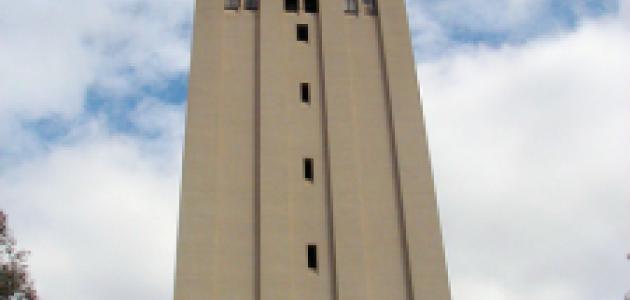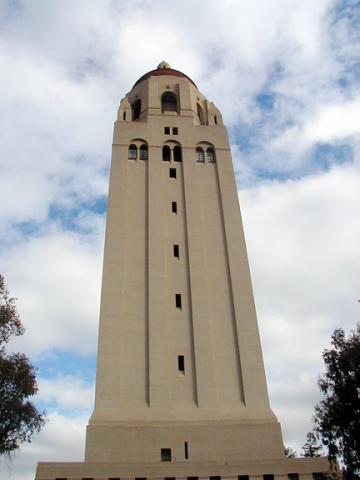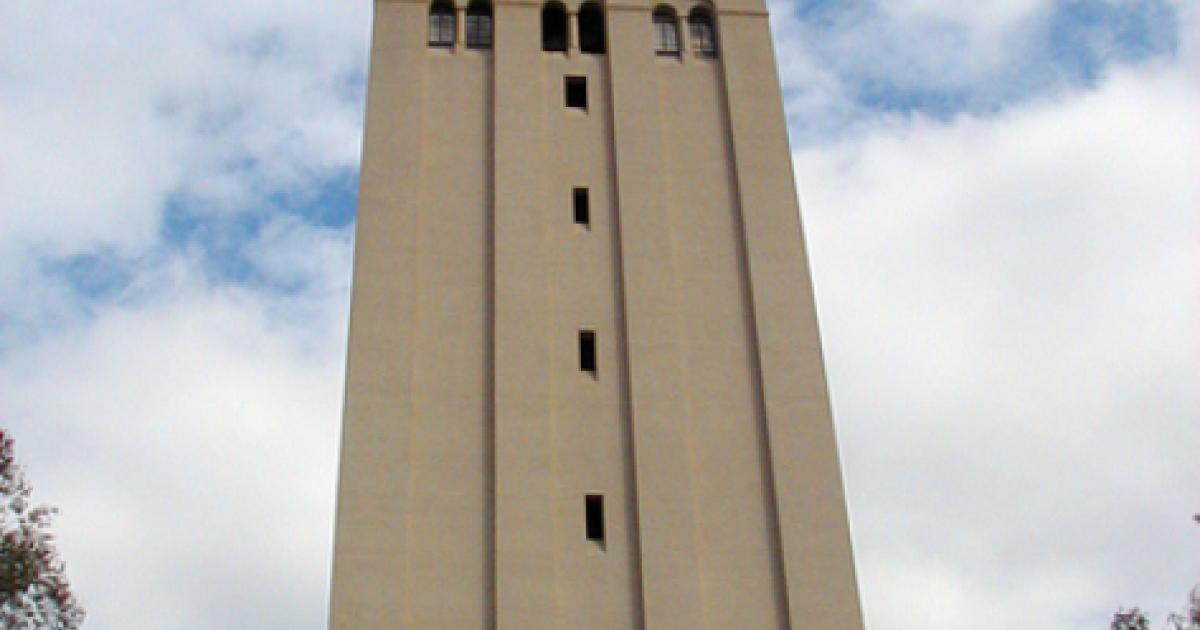Twice a year, the Hoover Institution’s Board of Overseers gathers with Hoover fellows and leadership to enjoy talks by fellows, dinners and social events, and discussions of institution activities and the strategic direction of Hoover programs.
To inform supporters who were not in attendance about Hoover business discussed at the meeting, we are pleased to present a summary of the full board briefing session. It includes presentations by Hoover directors outlining recent successes and plans for the future in their respective departments.
Introductory Remarks by Thomas W. Gilligan, Tad and Dianne Taube Director, Hoover Institution
Tom Gilligan’s remarks outlined the “twin pillars of activity” at Hoover: the Library & Archives and public policy research, reflecting his directorial focus on measurable results. Gillian shared sample metrics that demonstrated the impact of supporters’ investment in Hoover, including
- More than ten thousand in-person visitors to the Library & Archives via events and their reading room
- More than 1,000 opinion pieces and more than 750 broadcast interviews by fellows in the preceding year
- Combined attendance of 2,500 at Hoover’s scholarly events and more than 6,000 at the more than seventy events hosted for supporters during the same period
“There are a lot of ambitious goals for the Hoover Institution,” said Gilligan, who recently completed his first year as director at Hoover. “I’m very excited to be a leader at the Hoover Institution at this point in time.”
Afghan Partisan Serials Collection, Eric Wakin, Deputy Director, Robert H. Mallott Director of the Library & Archives, and Research Fellow
Eric Wakin, the Robert H. Mallott Director of the Library & Archives, a research fellow, and recently appointed deputy director of the Hoover Institution, discussed a new project, the Afghan Partisan Serials Collection, demonstrating Hoover’s extensive work to both preserve historical resources and make them widely accessible to students, researchers, and the public.
This collection of rare newspapers and magazines printed in Afghanistan from 1969 to 2009 reflects four decades of ideological change and major world events through the perspectives of groups including the Taliban, communists, monarchists, and anti-Soviet Mujahedeen. As a result of Hoover’s acquisition of the collection from a small, private library in Kabul’s Wazir Akbar Khan district, this rare and previously endangered historical resource is now permanently available for researchers and students, helping to advance Hoover’s mission of studying war, revolution, and peace. Hoover has digitized the entire collection and uploaded it to a robust, searchable online database with English metadata, allowing researchers around the world to study the materials on the web.
Policy Education, Chris Dauer, Associate Director, Marketing and Strategic Communications
Chris Dauer, associate director of marketing and strategic communications at Hoover, reported on one of Hoover’s most innovative online educational efforts: Educating Americans in Public Policy (EAPP), the Mary Jo and Dick Kovacevich Initiative at the Hoover Institution. The initiative targets key new audiences—particularly young people—with short videos and digital content explaining key issues and concepts related to public policy.
Dauer previewed one of the more than ten EAPP projects then under development, an installment in the Intellections series, about the economic and historical aspects of socialism that are too often missed by self-proclaimed supporters of such policies. He also walked through the new home of EAPP resources, Hoover’s PolicyEd.org website, which pairs EAPP videos with complementary study materials and interactive resources.
We invite you to visit PolicyEd.org—which has now officially launched—and explore new EAPP resources, create an account to take full advantage of the available resources, and share content with friends, family, and colleagues.
Public Affairs, Eryn Tillman, Bechtel Director of Public Affairs
Bechtel Director of Public Affairs Eryn Tillman began her report on Hoover’s innovative, cross-channel communications strategy with a report on a recent cyber-security themed installment of Hoover’s Media Roundtable series. Media Roundtables provide a forum for Hoover fellows to brief top-tier journalists and producers on their research. This roundtable featured a simulation replicating a cyber security compromise of a major technology firm—a first for Hoover, as well as panels with technology industry leaders to reveal the complexities of cyber issues that often go unseen by reporters. The lessons resonated with participating journalists, as demonstrated by Paresh Dave’s follow-up article in the Los Angeles Times.
Tillman also discussed Hoover’s outreach through social media, generating 1.8 million monthly appearances of Hoover’s content in popular platforms. She highlighted successful collaborations with journalists, including live-from-Hoover broadcasts by Hugh Hewitt, Dennis Praeger, and Mary Kissell made possible by Hoover’s in-house TV/radio studio, and a recent Hoover Institution in Washington event that Politico Editor Susan Glasser moderated, reaching Politico’s 14 million monthly readers on top of Hoover’s own audience.
Hoover Institution in Washington, DC, Mike Franc, Director of Washington, DC, Programs
Director of Washington, DC, programs Mike Franc discussed Hoover’s successful educational activities in the Beltway. According to Franc, the Hoover Institution in Washington’s frequent events—a popular forum for Washington-based policy makers, Capitol Hill staff, and media—attracted more than two thousand attendees in the first half of 2016—a more than fourfold increase over the previous period.
Franc also reported on the extensive agendas of educational meetings with policy makers and congressional staff arranged for Davies Family Distinguished Visiting Fellow general Jim Mattis, David and Joan Traitel Senior Fellow Scott W. Atlas, and Senior Fellow John Cochrane during recent visits to the Washington office. He also introduced the new Congressional Fellowship Program, which the DC office launched to provide influential Capitol Hill staff leadership with an immersive, on-site introduction to Hoover research and fellows.
Building Projects, Jeff Jones, Assistant Director, Operations and Special Projects
Jeff Jones, assistant director of operations and special projects at Hoover, provided a progress report on the David and Joan Traitel Building, the two-story, 55,000-square- foot addition to Hoover’s Stanford University campus currently under construction. Jones shared architectural renderings alongside recent photos from the construction site, demonstrating Hoover’s progress on this long-awaited project.
MAIN ENTRANCE
VIEW FROM GREEN LIBRARY
PAVILION
HAUCK AUDITORIUM
BLOUNT HALL
HALL-FAIRWEATHER COURTYARD
Jones also discussed recent progress on other capital and facilities upgrades at Hoover, articulated in a new master plan currently in development by Hoover leadership. The plan has three primary goals: site improvements to bring Hoover’s existing facilities up to modern safety and security standards; new research spaces for fellows that increase collaboration and productivity; and greater capacity, efficiency, and public access for archival facilities.






